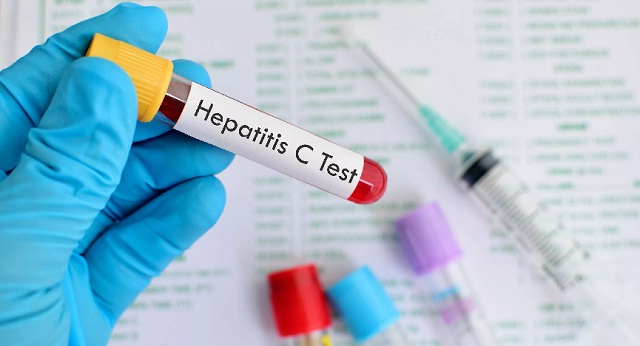
Kampala, Uganda | THE INDEPENDENT | Ugandans have been urged to test for hepatitis C as the disease is equally as dangerous as other infectious diseases, according to Health Minister Jane Ruth Aceng.
As Uganda joined the rest of the world to mark world hepatitis day, the Minister said soon the government in their plan to completely eliminate the viral infection will start campaigns to call upon people to test and know their status. Then she said those who test positive will be linked to care.
However, Patients’ Activist and Person living with Hepatitis B Kenneth Kabagambe had earlier on Sunday told URN that while government is putting emphasis on screening, there is little being done in terms of making it possible to access treatment. He worries that there is limited funding for hepatitis even as it’s worse than HIV which has over the years been the target for funding.
Responding to the issue of treatment, Dr. Charles Olaro, the Director Clinical Services at the Ministry of Health told URN that unlike HIV where if tested positive one has to be enrolled on treatment immediately, for hepatitis, not everyone needs treatment even when they test positive.
He however noted that they are planning to introduce a programme through which those that require treatment will be immediately linked to care. Initially he said they will first capture women who are seeking antenatal who will compulsorily be tested for both Hepatitis B and C.
Currently, they are testing adolescents in high risk areas of Eastern Uganda for hepatitis B. Dr. Jackson Amone, the Commissioner Curative Services at Ministry of Health says they started off with Northern and West Nile region.
However, actual prevalence of Viral Hepatitis C in the country is unknown since no survey has been recently done but data from the National Blood Bank indicates that the prevalence of Hepatitis C among blood donors in Uganda is approximately 1.5%.
When it comes to hepatitis B, Uganda Population-based HIV Impact Assessment survey, (UPHIA, 2016) showed prevalence of Viral Hepatitis B to be at 4.1% in the population aged 15-64 years. Prevalence varies from region to region with the highest prevalence in the North at 4.6% and the lowest in Southwest at 0.8%. People who suffer from hepatitis end up developing liver cancer or cirrhosis.
*****
URN
 The Independent Uganda: You get the Truth we Pay the Price
The Independent Uganda: You get the Truth we Pay the Price


